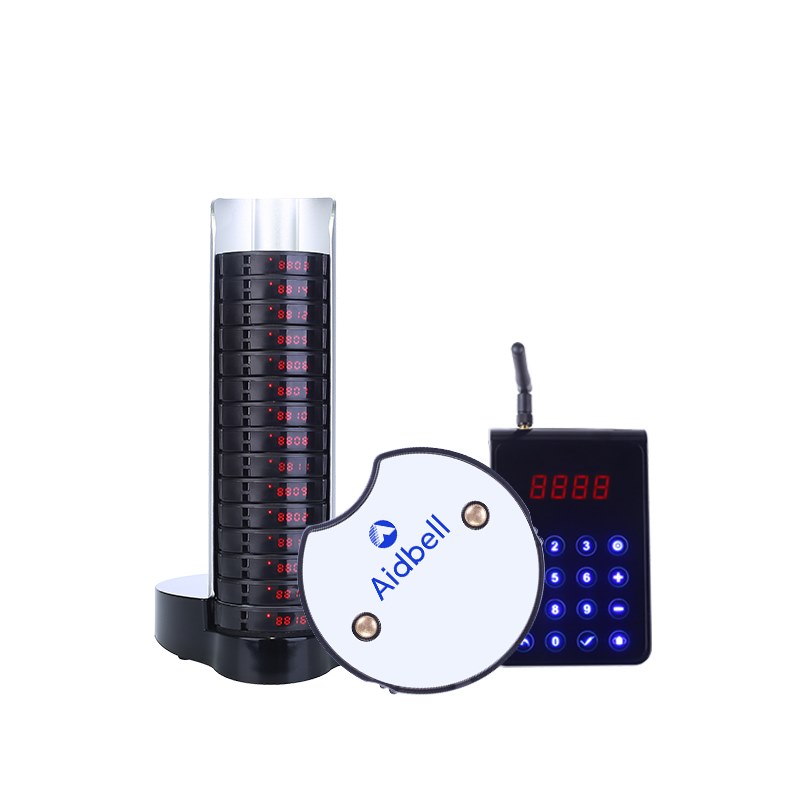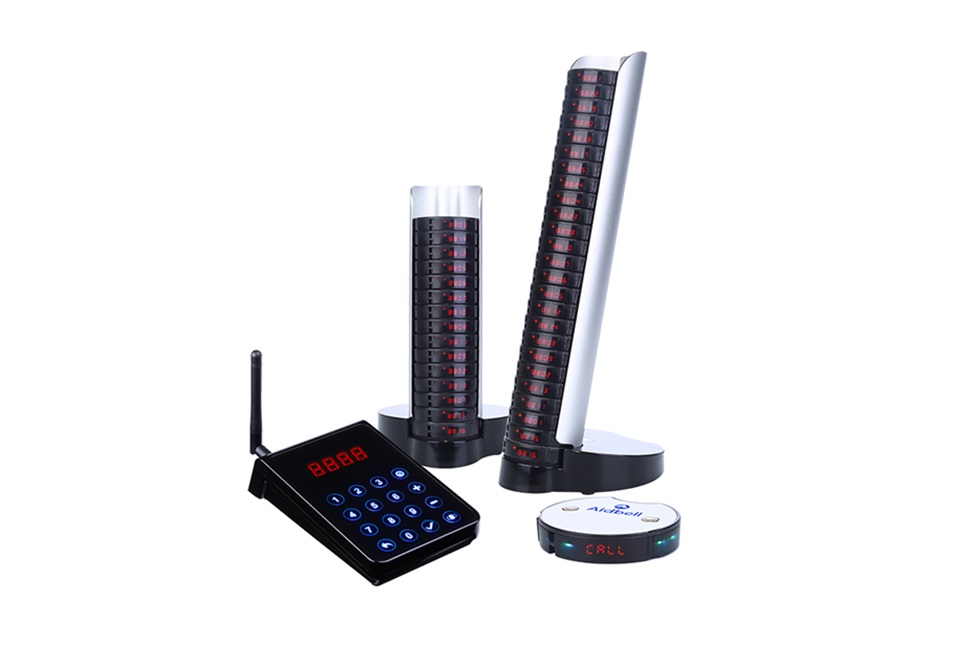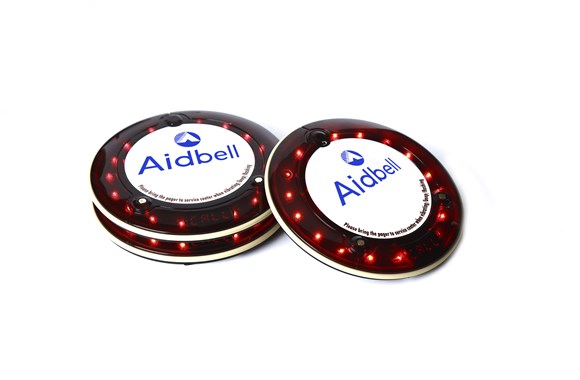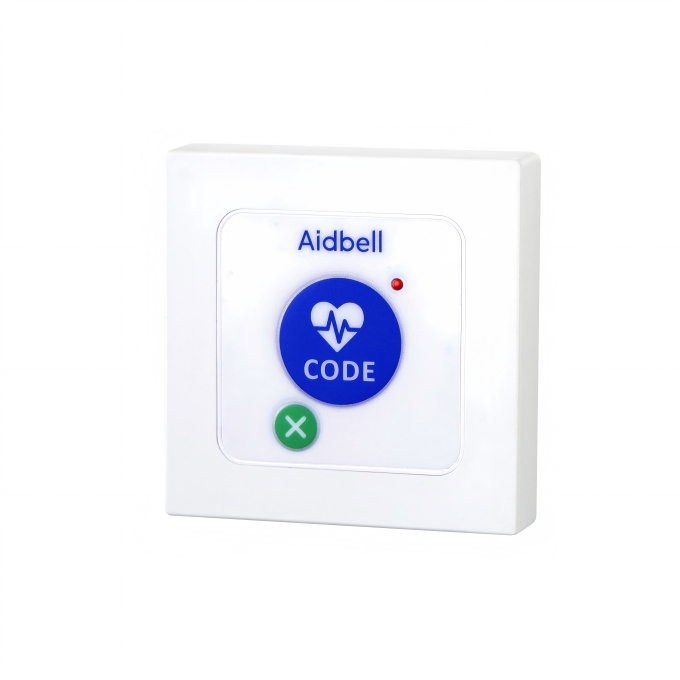The Evolution of Hospital Communication: Medical Pagers vs. Smartphones

The ways we communicate have changed drastically over the decades, with smartphones playing a pivotal role in this transformation. Despite this, hospital paging systems remain essential for doctors and staff. These seemingly archaic devices have undergone a technological resurgence, enabling contactless communication between healthcare workers and patients.
Importance of Contactless Communication in Hospitals
The need for contactless communication has become even more critical in the post-Covid world. The healthcare industry is seeking technological solutions to minimize physical contact and interaction between healthcare workers and patients to reduce the risk of transmission.
Manufacturers like Aidbell are at the forefront, providing modern medical paging systems as the ultimate solutions for current healthcare challenges. These pagers help minimize physical contact by instantly notifying doctors of patients’ needs without requiring physical rounds.

Why Hospitals Prefer Pagers Over Smartphones
Signal Reach and Strength: Medical staff paging systems use radio frequencies to transmit signals and messages, making them highly effective in areas where cell phone signals are weak, such as X-ray zones. This ensures that doctors remain continuously informed about their patients’ needs.
Multiple Transmitters: Hospital walls often block external signals, complicating communication. Unlike cell signals, which rely on the nearest tower, Medical staff paging systems receive signals from multiple satellites. This redundancy ensures messages reach their recipients even if one tower fails.
Reliability and Affordability: While hospitals could install cell phone signal boosters, these are costly. Medical Pagers offer a more reliable and cost-effective communication solution, especially during natural disasters when cell networks may be down.
Security: Medical Pagers reduce the risk of security breaches associated with smartphones, as they transmit only numeric messages, keeping confidential information secure.
Battery Life: Hospital staff can easily forget to charge their phones during emergencies. Pagers, with a battery life of up to three days, offer a reliable alternative. Aidbell’s stackable charger can simultaneously charge 25 medical pagers, ensuring constant readiness.

Waterproof: In a hospital setting, devices can easily be exposed to water. Aidbell’s waterproof pagers withstand such accidents, maintaining uninterrupted communication.
Advanced Uses
Patient Notification: Medical pagers are used in waiting rooms to call patients without the need for shouting names. Patients receive a numbered pager at check-in, and the staff can notify them when it’s their turn via the pager.
On-Call Alerts: Medical pagers ensure efficient on-call management by notifying doctors and nurses of their duties. This system prevents mismanagement and ensures a smooth workflow during critical situations. The medical officers are notified of their on-call duties through pagers and since it is a reliable wireless paging system, no alert of an on-call duty stands missed or unreceived.
Conclusion
The demand for hospital paging systems is increasing due to their benefits and innovative uses. These systems enhance staff efficiency, ensure a secure environment for patients, and facilitate immediate contact between patients and caregivers. As small telecommunication devices, pagers are making contactless communication easy, reliable, and affordable, contributing significantly to the rise of health tech.

FAQs
Do doctors still use medical pagers?
Yes. Medical pagers persist in hospitals and are actively used by doctors in this smartphone era. This is because many areas in the hospitals do not allow signals to reach properly leading to poor or no communication. This lack of communication can be fatal for patients in emergent circumstances and hence doctors prefer using pagers because they use high-frequency radio signals to operate.
How to use a pager?
Pagers are hospital paging system devices that send messages and connect with people in hard-to-reach locations. Every modern hospital pager is given a unique code and those who want to send a message to that number/code simply input via a wireless keypad/transmitter. The pagers receive the alert with their pre-set codes.
How do pagers work?
Hospital paging systems are a part of a messaging system and use base transmitters to modulate signals. The pagers receive messages transmitted at radio frequency from a paging controller. They will alert the pager users with sound & flash, saying “ It is your turn”. No noise, no shouting, create a silent hospital to help healing!



